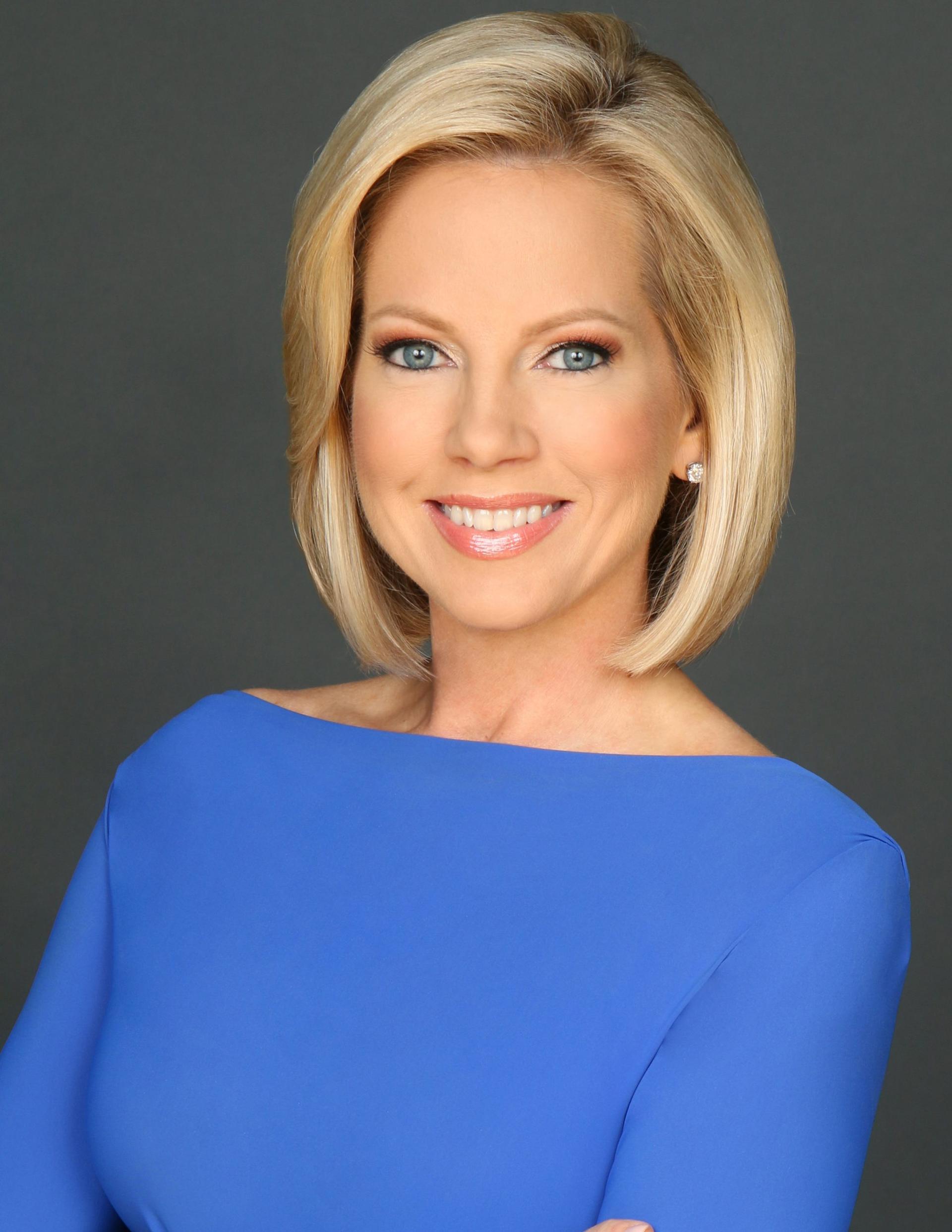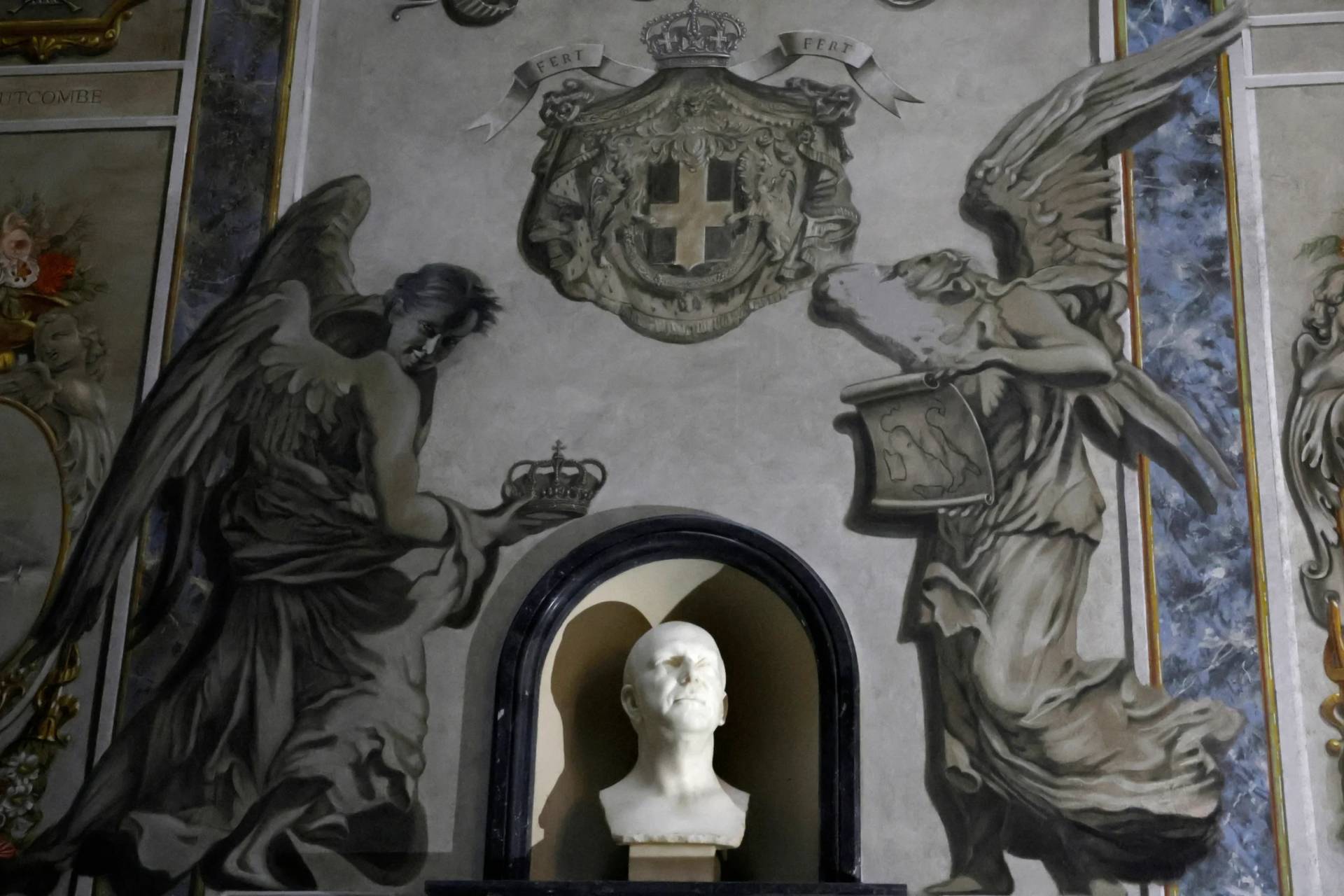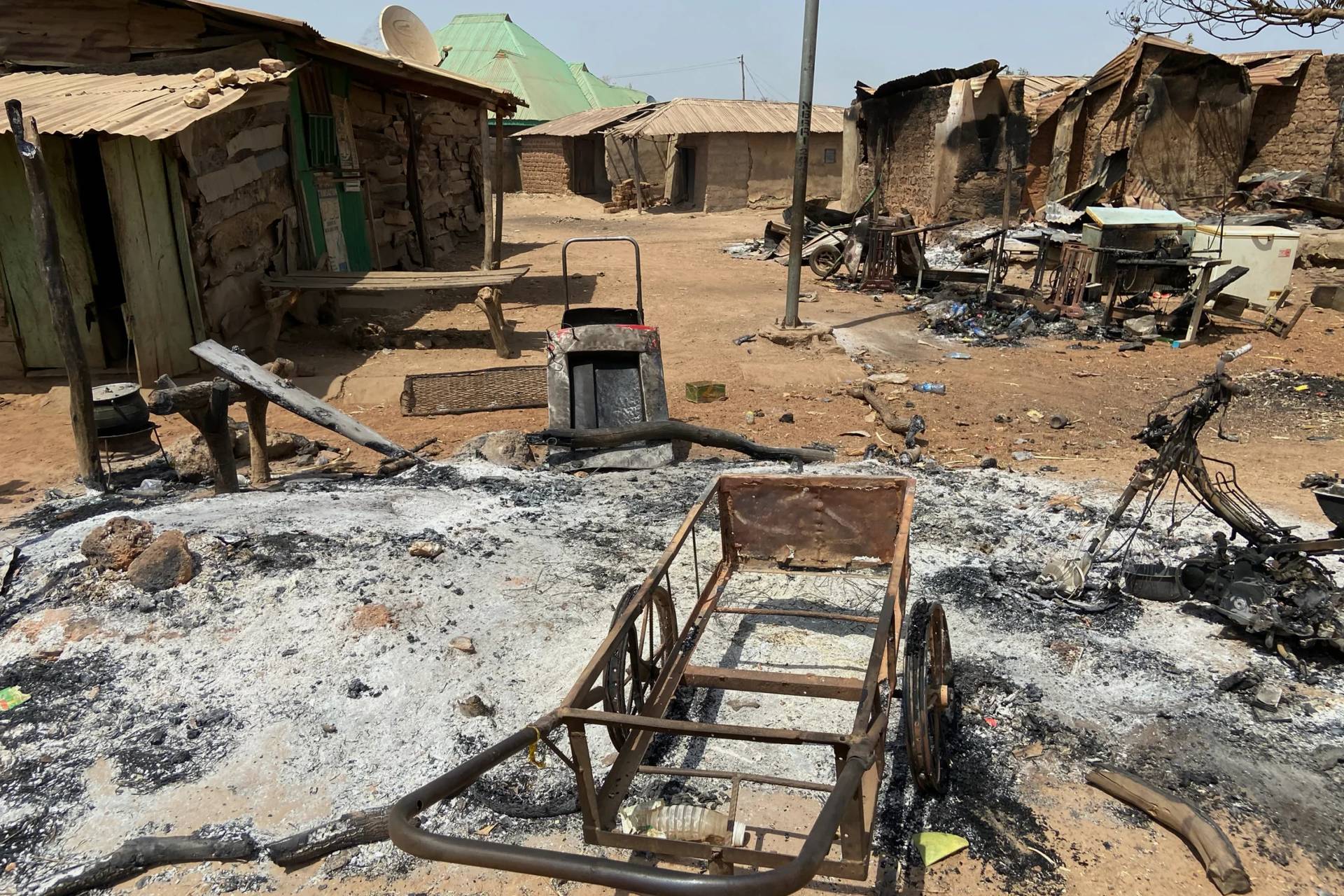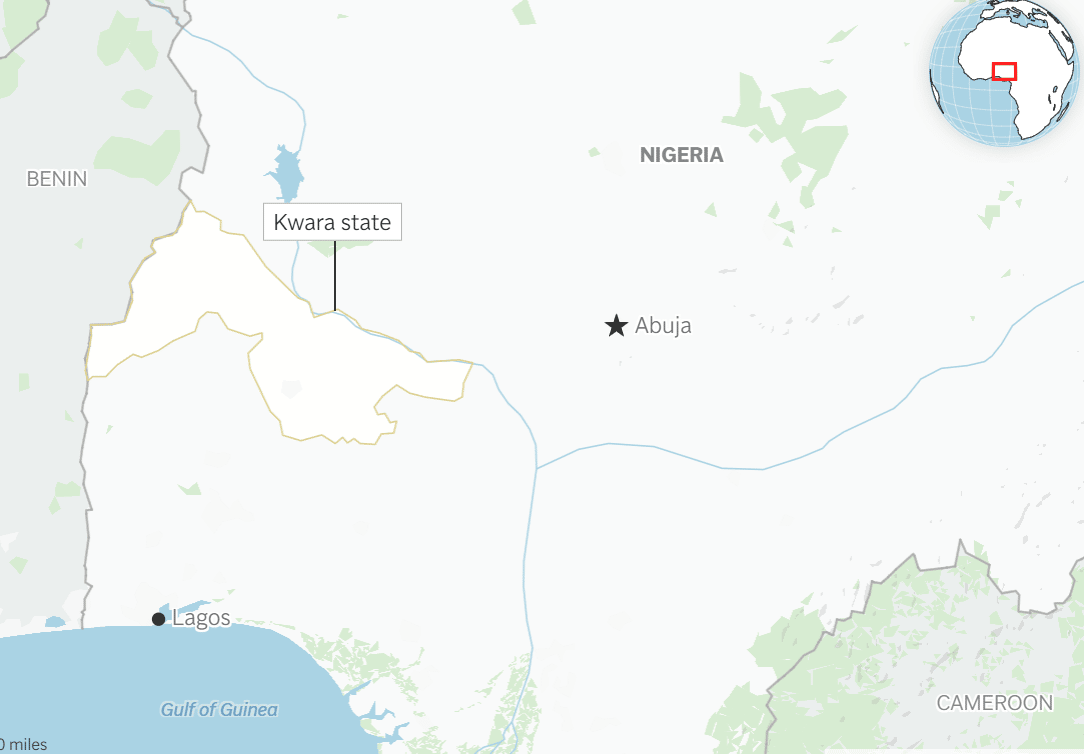Editor’s Note: Shannon Bream is the anchor of Fox News at Night and Chief Legal Correspondent for the Fox News Channel. She is also the author of the best-seller Finding the Bright Side, and the new book Women of the Bible Speak. Amid the swirl of troubling news from around the globe, she says her faith is her greatest comfort and hope. She is a magna cum laude graduate of Liberty University, where she earned her B.S. in Business Management, and was awarded a Juris Doctorate with honors from Florida State University College of Law. She spoke to Charles Camosy.]
Camosy: Can you tell us a bit about the history behind coming to write a book like this? You give a shout out to the deep faith of your grandmothers, Nell and Margaret, in the dedication to the book so I imagine they are a significant part of this history?
Bream: They were a big part of this book’s history and had a big impact on me more generally. My grandma Nell passed at 102! One of the fixtures in my life was going to church with her every Sunday — I’ll always have this image of her wearing her hat and sitting in her second row. Afterwards we’d all go to lunch and have conversations about many things, including the women of the Bible.
I’m fortunate enough to have my grandma Margaret still with us at 96! I talk with her regularly and every time she says, “God gave me another day. I talk to Him every day. I tell Him I’m ready to go, but grateful for each day He gives me two.” So yes, these two wonderful women were some of the first figures in my life to introduce me to women speaking in the Bible and it has been such a gift to be able to tell these women’s stories.
In particular, I was eager to tell these stories in ways that people who are turned off to religion, completely new to the Bible, or who simply missed out on these stories, can still encounter them. The women of the Bible are complex people, just like us: courageous, frightened, questioning, flawed. I thought I was familiar with these women and these stories, but I learned a lot throughout the process was inspired to see in a new way how God worked through women time and time again.
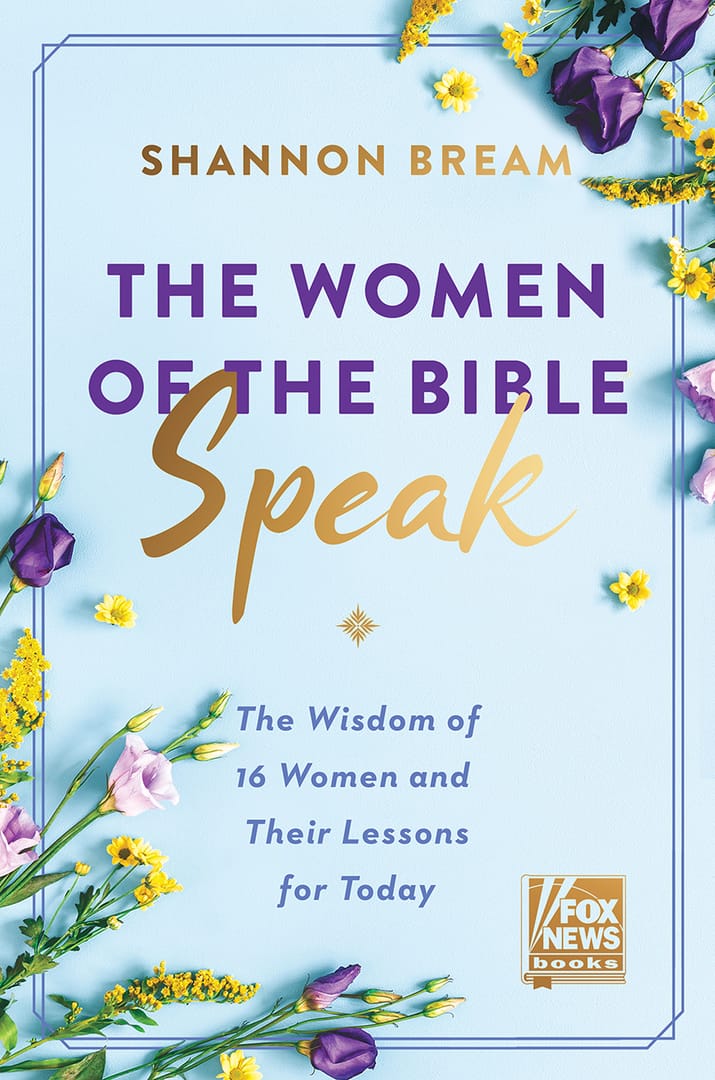
I know less about what it is like in Evangelical circles, but very often the very Catholic churches which are criticized for being the most patriarchal are the ones which see women dominate as the lifeblood of the community. They are the ones going to daily mass, they are the ones dragging the families to Sunday church, they are the ones volunteering for various service projects, they are the ones organizing the devotional prayer meetings, they are the ones without whom there simply would be no faith community at all. What’s your experience of the roles of women in the Christian faith communities with which you are familiar?
When thinking about this the first person who comes to mind is my Mom. She definitely had us at church every time the doors were open, and there was something almost every night of the week. She was always there for every program and event. She was always, always super involved. She did organize events from time to time as well and was among the women who would keep things running, especially when it came to service positions.
To be honest, however, there is currently a big debate in many Evangelical communities about women in leadership. And this is one of the things I take on in the book — because the Bible has several important women in leadership! And in both Old and New Testaments. Debra was a judge whose authority was a given even when it came to war. She was anointed. Women were also involved in Jesus’ ministry. This was one of the many ways that Jesus was a norm-breaker.
Do you have a “dark horse” favorite example of a woman speaking in the Bible? Maybe someone who surprised you? Someone who doesn’t typically have her voice amplified?
Rahab. Very much Rahab. Like me and like all human beings, she was a flawed person that God used for His plans. A Canaanite woman who married into what would become the lineage of Christ, she was working as a prostitute when, despite being an outsider, she somehow felt compelled to protect Israelite spies. Indeed, she risked her own life to protect and hide these spies. This is a major theme of the good: God uses all kinds of people. Rahab would not have been respected in polite society, especially the polite religious society. And despite being in the Bible she is still kind of an obscure figure. Again, it was such a great gift to amplify the voices of women like her.
As your book makes clear, and as you have already suggested in this interview, it is very much the case that the Jesus of the Gospels was a norm-breaker when it came to women. Indeed, he was more focused on women and interacted with women more than any “respectable” figure of the polite society of his day would have. What are some of your favorite interactions between Jesus and women in the Bible?
I absolutely love the story of the woman who was accused of adultery. Again, the respectable religious leaders of the day were trying to trick Jesus, trying to trip Him up. But the way the Lord reacts is so beautiful and powerful. At first, he is silent and bends down the write on the ground. When they push him for an answer, he calls out their own sin, putting them in the same complex and fallen place we all are in with respect to sin. Then he quietly and gently says to the woman to go and sin no more. He shows her that, despite her real faults, He did not condemn her. His compassion for her shows that her life is the opposite of worthless. And this is a big lesson for all of us. It is God’s compassion in the face of our sin that fills us with the grace that gives us worth.
I also love the story of the Samaritan woman at the well. Jesus knew he would encounter her there and revealed himself to be the Messiah to her. He chose to reveal Himself to a woman, but also a serial adulterer and a foreigner! Again, he doesn’t excuse her sin—but His engagement is that of conversation and exchange, not judgement. This is an important model for us sharing our faith today. Virtually no one finds a faith attractive when they are hit over the head with judgement. Jesus’ compassion provides the model for evangelization here.
OK, since this is Crux I just have to ask about Mary. You describe her as the “mother of Jesus” in the book. This is not wrong, of course, but Catholics tend to emphasize the fact that she is the mother of Jesus who was God from the moment of his divine conception. (With even the prenatal John the Baptist recognizing this fact about the prenatal Jesus!) So we focus on the fact that she was literally the mother of God–even emphasizing that after the unimaginably intimate relationship she had with the prenatal Jesus she still carried his divine cells with her. All that to say, and at the risk of asking a leading question, did the special time you spent with Mary for this book give you any new insights along these lines?
It did. As always, I was struck by an angel visiting her a young teenage woman. Mary the teenager doesn’t shy away from this divine appointment — but being fully herself, she does have some questions about things that don’t make sense to her! But after these questions are answered, and unlike many other men in the Bible who refuse God’s call at first, Mary embraces God’s plan for her. She embraces Divine intervention in her life. What was new for me in putting together this book, however, was how this openness was present throughout her life. All throughout her life she got reminders that her son was the son of God and that this meant her being open to strange and even heartbreaking things happening. From the time she had to listen to Jesus tell her that He needed to be “about my Father’s business” to her being there for His crucifixion. Mary was always an early founder of the church! There from the beginning with the apostles.
Well, I tried to bait you into a debate about Mary and failed! Anything else we should know about the book?
I wrote the book with the hope that it could be discussed in groups. Maybe we’re getting closer to in person reading groups again, but also virtual discussion groups. I have discussion questions at the end of each chapter that I hope can be used as tools for drawing different kinds of people, with very different relationships to religion and to the Bible, into conversation about these stories. And the stories are great on their own, but because they contain principles that are timeless, I think they can be sources of discussion and even inspiration for everyone — from those who are regularly church goers to those who maybe have fallen away from faith. The voices of women in the Bible are just that powerful.
